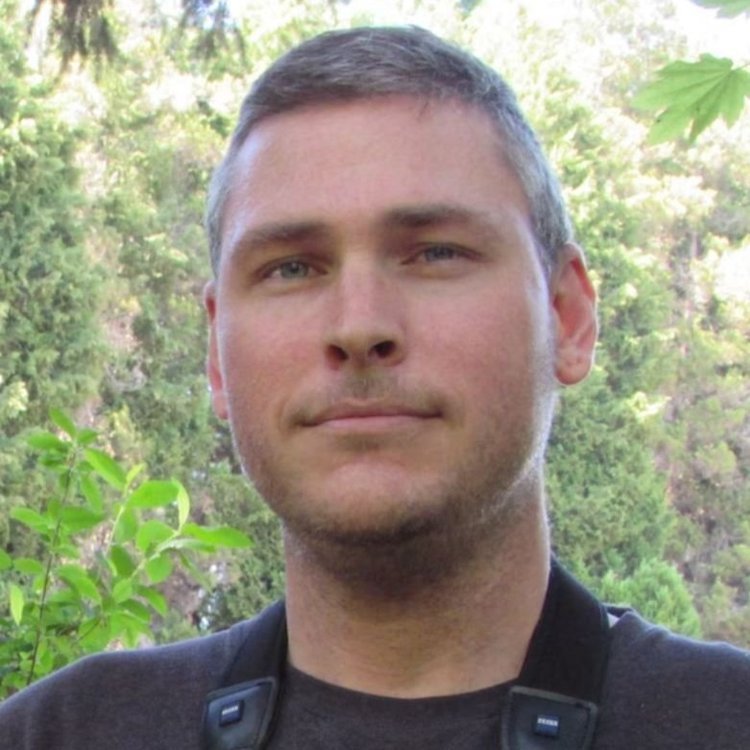-
Learn how to fit and compare ecological models in a Bayesian hierarchical framework, which separates the observation process from the ecological process when estimating spatial and/or temporal variation in parameters such as abundance, density, and survival.
-
Learn at your your own pace with or without instructor support (see Online Course Format Chart below for details).
Winter: December 1, 2025 – February 22, 2026 (Early bird ends November 2)
Spring: March 2 – May 24, 2026 (Early bird ends February 1)
*Early bird saves $75
-
A good understanding of probability and statistical methods
Experience with fitting models in R (e.g., Introduction to Ecological Statistics and Modeling and Generalized Linear, Additive, and Mixed Models)
Experience with fitting Bayesian models in R (e.g., Introduction to Bayesian Modeling)
-
TOPICS
What is a hierarchical model?
Random effects and hyperparameters
Separating the observation process from the ecological process
Observation-process models for data from studies involving mark-recapture, distance sampling, occupancy, sightings of unmarked individuals, and citizen-science
What is a state-space model?
Spatial modelling of abundance/density, occupancy, and survival
Spatio-temporal modelling of abundance/density, occupancy, and survival
Allowing for spatial and/or temporal autocorrelation
Use of spatial and/or temporal covariates
Choice of priors
Checking model-fit
Comparing two or more models
LEARNING OUTCOMES
Understand how to separate the observation-process from the ecological-process
Understand which type of observation-process model is appropriate for your data
Gain experience fitting spatio-temporal models to your data in R
Understand how to check the fit of a spatio-temporal model in R
Be aware of the potential need to allow for spatial and/or temporal autocorrelation
Know how to compare the predictive ability of different spatio-temporal models
COURSE OPTIONS & INFORMATION (Review chart above, then click below)
-
FORMAT:
3 months of access to course materials as you work at your own pace
CONTINUING EDUCATION:
16 CEUs with The Wildlife Society
Go to our Continuing Education Page for more details
-
FORMAT:
3 months of access to course materials as you work at your own pace
Get instructor support for the 3-month term via email, discussion threads, group meetings, and one-on-one appointments
After working through the course materials, set up an optional 1-hr meeting with the instructor to discuss your own personal project from work or school
CONTINUING EDUCATION:
16 CEUs with The Wildlife Society
Go to our Continuing Education Page for more details
CERTIFICATIONS:
Earn 1 credit toward certification as an Associate/Certified Wildlife Biologist® (at any level) with The Wildlife Society
-
FORMAT:
12 months of access to course materials as you work at your own pace
Get instructor support for the 3-month term via email, discussion threads, group meetings, and one-on-one appointments
After working through the course materials, set up an optional 1-hr meeting with the instructor to discuss your own personal project from work or school
CONTINUING EDUCATION:
16 CEUs with The Wildlife Society
Go to our Continuing Education Page for more details
CERTIFICATIONS:
Earn 1 credit toward certification as an Associate/Certified Wildlife Biologist® (at any level) with The Wildlife Society
Earn 1 credit towards a professional certificate in Applied Quantitative Ecology with CWS
ACADEMIC CREDIT:
Earn 1 academic credit (go to our Academic Credit Page for details)
Earn an additional 1-2 academic credits with an Applied Project
INSTRUCTOR
“David Fletcher's Bayesian Hierarchical Modeling course is excellent. The lectures, examples, and exercises are based on real ecological data collected from a variety of approaches, including mark-recapture, distance sampling, community science, and more. There is good (but not overwhelming) discussion of the mathematics underlying the models and emphasis on model fit, refinement, and selection. I was quickly able to apply the techniques I learned in this course to my own messy dataset, which helped get me past some of the challenges I was facing using a frequentist approach.”
Joshua Morris
Urban Conservation Manager at Birds Connect Seattle
Dr. Fletcher is a very informative instructor and did a good job laying the foundations of the statistical/Bayesian principles before going through the code. His way of walking through the code was extremely helpful and allowed me to comment on the code in a way that I was able to return to later. I really appreciated how he emphasized the reasoning why he prefers doing things a certain way but that there are other ways to do things, and gave you resources to look into them. This helped me understand the reasoning behind the model structure and think through how various concepts applied to my situation. The quizzes after the lectures especially challenged critical thinking of these concepts and he was quick to respond as you posed questions.
Sydney Rae Stephens
SCHOLARSHIPS
Full scholarships are available to participants from countries designated as “lower income” and “lower middle income” in the World Bank List of Economies. Please see our CWS World Scholars Program page for details.
CANCELLATION POLICY
Cancellations 30 days or more before the start date are not subject to cancellation fees. Cancellations <30 days before the start date are subject to a 50% cancellation fee. No refunds once the course begins.





